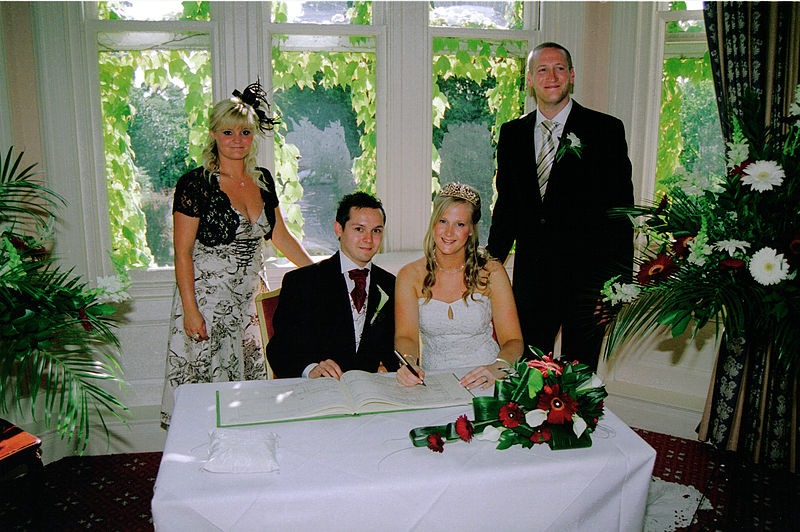When two persons cohabitate and appear to be married but have never gone through the formal process of obtaining a marriage licence, the situation is referred to as common law marriage. Because they carry out all the obligations and responsibilities of a married pair, such as sharing funds, living together, and/or having children, people in this circumstance might consider themselves to be married. However, there may be issues if the couple decides to file for divorce because the government does not usually recognise common-law marriages.
North Carolina common law marriage does not recognise common law marriage among its citizens despite the fact that a couple may claim to be married.
Partners must go through the process of obtaining a marriage licence from the county register of deeds in order to be legally wed in the state. Currently, there is no legal support for common law unions that have existed in other states.
How Can Someone Show That They Are Married Under Common Law?
When a couple makes the decision to divorce, if one of the spouses asserts that they were married under common law, that person will have to show proof to back up their claim. Indicators of a common-law marriage include some of the following:
- Joint credit cards or bank accounts
- Mortgage or lease agreements in both spouses’ names
- A will that names the beneficiary as the common law partner
- Birth certificates for children that include the names of both parents
- Policies with the common law spouse listed as a beneficiary
Understanding that common law marriage cannot be established by merely cohabiting and acting as a married couple is crucial. For a court to recognise a relationship as a marriage, there must be proof of a financial or legal commitment between the two spouses.
Benefits of being in a common law marriage
There are a few perks that common-law spouses can take advantage of, even if the state of North Carolina does not legally recognise common-law marriages. For instance, common law partners might be eligible to file their taxes jointly and be covered by their partner’s employer-provided health insurance. Also, if one spouse passes away, the surviving spouse can be eligible to receive Social Security or pension survivor payments. The law grants married couples (whether legally wed or common law) certain rights, obligations, and entitlements that it does not grant to unmarried couples. The most important of these marital obligations and rights are as follows:
- Health advantages
- Rights to visit a hospital
- Prison or jail visits
- The authority to decide on urgent or terminal medical care
- Access to documents
- The partition of property pursuant to a divorce
- Rights to child custody
- The entitlement to spousal maintenance
- An inheritance right
- Exemptions and deductions from taxes
There isn’t much of a distinction between common law weddings and traditional marriages, except for the absence of a lavish bridal celebration.
Please be aware that common law weddings are subject to the same financial drawbacks of marriage, legal disadvantages of marriage, and advantages and disadvantages of formal marriage.
Disadvantages of common law marriage
Being in a common-law marriage has certain drawbacks as well, particularly if the relationship breaks down and the couple decides to file for divorce. Couples in this scenario will not be able to use the streamlined divorce procedure that is offered to married couples since North Carolina does not now recognise common law marriages. This implies that common law partners will have to go through the longer and more complex procedure of filing for divorce. Therefore, common-law partners may not be able to provide spousal support or alimony to common-law spouses.

